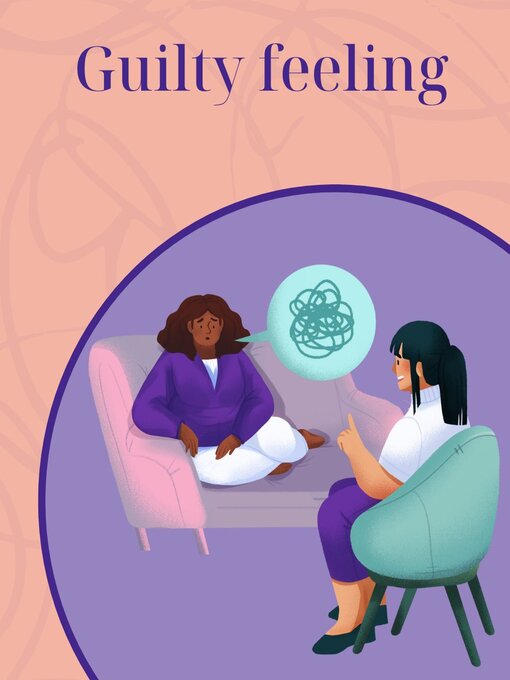Aspects such as positive emotions or an optimistic personality protect health and provide a longer life expectancy. There are many factors that affect the development of a disease: genetic predisposition, environmental causes and bad habits, among the best known. However, elements of the personality, such as being pessimistic, living with hostility, anger or sadness, and even the body's own reactions, such as stress or sustained anxiety, make people more vulnerable to the development of certain ailments. The available evidence indicates that a positive attitude, in addition to extending life and protecting health, helps strengthen the immune system. Therefore, it is also an important element in the recovery process from some diseases.
Pau Ekman defined six universal gestures, although years later he expanded them to 17. These were the first:
To achieve adequate interpersonal communication, especially in the doctor-patient relationship, one must feel empathy and know how to listen, ask questions, summarize and reinforce messages. Interpersonal communication today seems subjugated to the latest technological advances. However, experts warn that knowing how to express yourself and communicate effectively with others is even more difficult than knowing all the features of a mobile phone or a computer. Educating in this sense not only improves the relationship between health professionals and patients, but also favors compliance with the prescribed treatment. The key is in managing the emotional components of discomfort.
